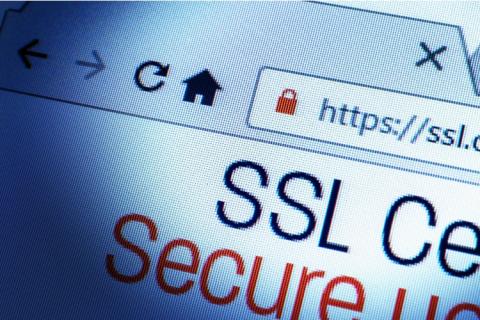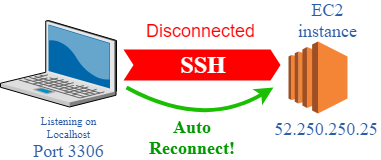User Story: The CloudSploit CloudFormation Scanning API
At CloudSploit, one of our biggest satisfactions is learning more about how our users actually use our product. While we can look at charts, graphs, and usage statistics, nothing beats an actual walkthrough by an enthusiastic user who has incorporated CloudSploit into his or her company’s architecture.








